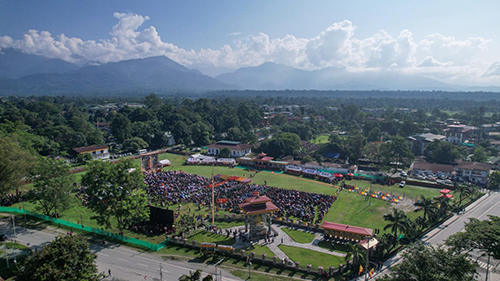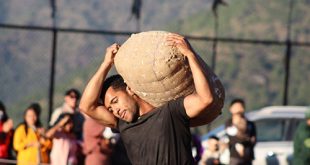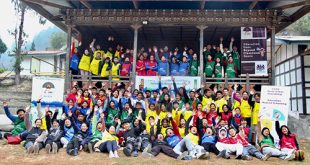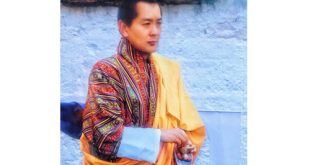Registration for the third cohort of the Pelsung/Innovate for GMC program was announced earlier this week.
So far, more than 600 people have joined the Pelsung program. During the registration for the first cohort, more than 1,700 people initially registered, out of which over 300 were selected and began their three-month journey in GMC.
In the first month, participants undergo the Pelsung Integration Training Program conducted by the De-Suung Institute and the Royal Bhutan Army at Pelrithang.
In the second month, Pelsups identify problem statements and then form teams amongst themselves. These teams are formed ensuring diversity in skills, backgrounds, and perspectives. Each team identifies a team lead, and the program management team provides timely check-ins and guidance when needed. The problem statements that the teams identify fall under broader categories related to social/cultural, business/commercial, governance/planning/strategy, and engineering/architecture/urban planning themes. The Pelsups are also introduced to a pool of national and international experts for guidance, and are encouraged to reach out and request for mentorship.
Although the challenge is focused on GMC-related solutions, wider national or global issues may also be addressed.
The challenge aims to go beyond symbolism. While it provides a platform for learning and idea generation, it also creates clear pathways for implementation. And it is in the third month, when the Pelsups pitch their ideas. If a team develops innovative ideas, pragmatic solutions or workable prototypes that are selected by the evaluation board, they will be given opportunities to further develop and scale their projects. This may include pilot funding, policy integration, mentorship, partnerships or follow-up fellowships.
Participants will receive guidance from experts, access to seed funding for prototypes, workspace, and networking opportunities with public, private, and civil society actors.
Pelsup Chador Tenzin Rabgay, who joined the first cohort, said, “Pelsung started as a I4GMC and none of the Pelsups were aware of what we were going to be called as. During His Majesty’s audience at the inauguration of Pelsung (then known as the Innovate for GMC Challenge), His Majesty proclaimed us as ‘Pelsung — the Pelsup, the guardians of prosperity’.”
He added, “This recognition was a proud moment for us and inspired us to work even harder. The first month of the Pelsung was the Pelsung Integration training. Those 28 days in Pelrithang were filled with laughter and tears. Starting each day with physical training and ending it with the last fall in attendance. Those 28 days helped us, the Pelsups, in boosting our confidence, fostering discipline and working together as one. As the journey continues with the 2nd and 3rd month we want to bring in innovative ideas which can not only be implemented in GMC but also around Bhutan.”
Another Pelsup from the first cohort, Pelsup Susmita Pradhan, said, “My experience began with an initial hesitation, as the prospect of repeating the full 21-day DeSuung training felt overwhelming. Having completed it previously, I was unprepared to relive the same routines and challenges. However, His Majesty The King’s inauguration of Pelsung, then referred to as Innovate for GMC, and his naming of the program ‘Pelsung – Guardians of Prosperity’, renewed my sense of purpose. Over the course of the training, drills, marching, and practical sessions such as riot control, firing, rappelling, and rope-tying evolved into lessons in discipline, focus, resilience, and teamwork.”
She recalled memorable experiences such as the route march to the GMC viewpoint, river-crossing at Mow Khola, inter-company games, and cooking sessions strengthened camaraderie and collective trust.
“By the final week, our commander’s words, ‘this too shall pass’, reinforced perseverance, discipline, and the broader purpose of service, leaving a lasting impact beyond competition or routine tasks,” Pelsup Susmita said.
Currently, in the second month, the first cohort is working in teams to develop ideas that can be implemented in GMC or across Bhutan, applying the knowledge and skills gained during the training.
Pelsup Susmita said, “Collectively, these experiences have strengthened both my professional and personal growth, instilling a deeper sense of responsibility to contribute meaningfully to Bhutan’s economic, cultural, and societal advancement.”
 The Bhutanese Leading the way.
The Bhutanese Leading the way.




